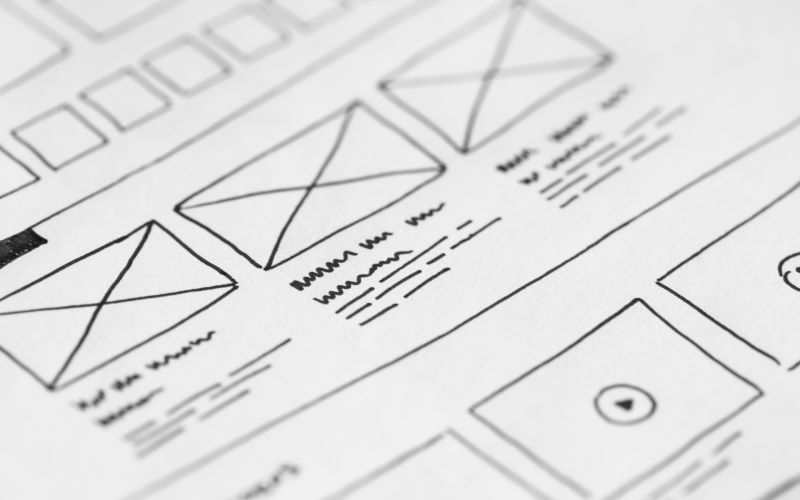
A UX/UI designer is a creative profession where inspiration plays a vital role. Outstanding creativity is not the result of inspiration, but the result of years upon years of hard work in which you regularly practice, reflect on your progress, and critically analyze the projects of your peers. Therefore, those who worry about the lack of inspiration will certainly lose to those who do not wait for their muse to show and hone their skills daily.
Whenever you feel exhausted, feel free to follow these simple tips that will aid you in finding your muse.
How to always be inspired
Every UX/UI designer has their ways of finding inspiration and getting more creative, and if you have any tips of your own, please share them in the comments. But here are some of the basic ones:
Read what your colleagues write
A great site for design inspiration and knowledge is Medium or UXPlanet. Many articles are written by designers, UX/UI specialists, and creative directors to highlight the top trends and industry players like the ones on this list at UX Planet. Read not only those whom you admire but also study the unsuccessful cases. Analyze why their design solution was ineffective or unattractive. However, this website is not the only place to find inspiration. Specialized groups and accounts in social networks like Facebook, Instagram, and Pinterest share a lot of interesting information.
Change the way you work
If you feel bored and out of energy, don’t be surprised if it’s because you keep doing the same things over and over again. Don’t be afraid to try out complex and atypical tasks and experiment with new fields. For example, if you have always wanted to try out game design, sketch some heroes and watch videos about game design for 10-15 minutes at the beginning of your workday. This way, you remind yourself about the passion that motivated you to become a UX/UI designer in the first place.
Work on your projects
Another way of being more inspired by your profession is by working on your projects when you have time. Some UX/UI design agencies even allow their employees to dedicate 5-10% of their time to research and independent projects. That boosts productivity and keeps the workers more motivated. Also, it allows you to experiment with new tools and try out new things that can be later implemented in the commercial projects of the company.
Give back to the community
Sometimes you don’t feel that your work is important for the world, and that might be disorientating. You can start working for charity. Some non-profit organizations in your city certainly need help. In addition to moral satisfaction, such projects will be useful in the future. In essence, they look very good in a portfolio, and you can use such an experience to impress everybody at a job interview.
Learn constantly
To draw something at home for yourself is certainly good practice, but it’s not enough. Immerse yourself in the new field of design, watch professional webinars, study other people’s work.
The theoretical knowledge will help in communicating with customers. When the customer once again asks you to “play with fonts” or change the color to blue, because he likes it more, you will have an objective argument in defense of your work. The position “I did it via the theory of color and fonts” is more effective than the perplexed “My version is better.”
Do not just absorb information, but process it and create your product on its basis. Read about some UX tips? Immediately make a prototype using them in Figma.
Practice your ideas
It’s impossible to separate the stage of the accumulation of experience and the generation of ideas. Everything happens in parallel. Professional activity is not a university where you devote some time to theory, and then you end up in the real world. Therefore, the more you learn and use knowledge, the more you train your mind to generate new ideas. It’s like in standup; everything seems to happen spontaneously, but each joke has its own genre and structure, as well as a lot of thought behind it.
So it is in UX/UI design. The more you think about solving a problem, the more your brain finds ways to use your experience. The main thing is not just to accumulate them, but also to use them regularly. It is this thing that separates theorists from practitioners, and it is this thing that distinguishes a professional from an ordinary specialist.
Final thoughts
Inspiration for UX/UI designers is important, but so is constant learning and motivation. Hopefully, thanks to these tips, you will not have any more problems finding motivation and creativity for your new project. You might also want to check out our list of top blogs and news sites for web designers and developers.
Cover photo by picjumbo.com from Pexels
